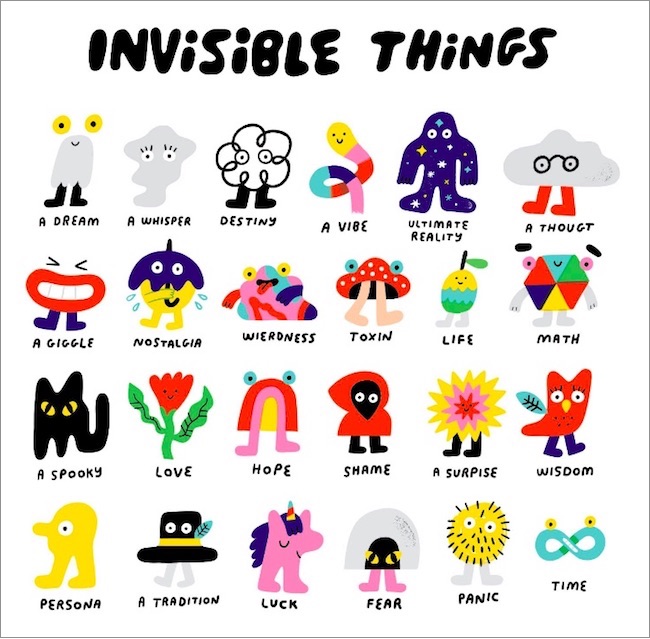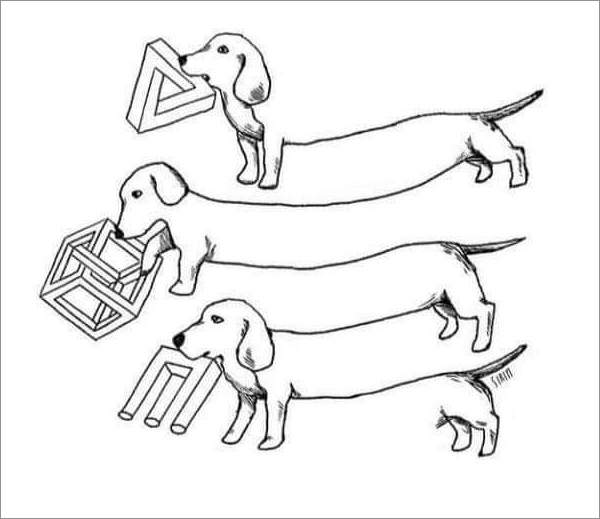Happiness and the Rubik's Cube
By Mark Hurst • September 3, 2020
A few days ago I watched a short Netflix documentary that will improve your day, if you have 40 minutes. The Speed Cubers focuses on two competitors in "speed cubing," where people are timed as they solve a Rubik's Cube. I'd recommend skipping the trailer and viewing the movie fresh: there's an aspect to the story I'm not telling you about that emerges beautifully as the documentary progresses.
What's striking is the role played by technology. The humble Rubik's Cube, unchanged in its basic design since its popular introduction in the 1980s, is visible in almost every scene of the documentary. Deservedly so. Without it, after all, there would be no cubing events, no speed records, no speed-cubing community. In that sense, the 40-year-old technology is central to the story.
And yet. Watching it, you gradually realize that the movie is really not about the Rubik's Cube at all, let alone how to solve a cube. Instead it's a story of human qualities - friendship, compassion, loyalty - that don't often take center stage in tech-related stories. The movie may have been made possible by the cube, and we may even say that the cube was essential for this story to take place. But ultimately it's not about the cube.
It's an important distinction. The Speed Cubers shows how to think of tech, relate to tech, and even build tech in a way that's much, much healthier than is usually done today. The tech in the movie, the Rubik's Cube, is at the center of the interactions - the events, the community, and so on - but it doesn't provide the meaning. Tech, in other words, can be central, and essential, while still occupying the role of tool. The aspect of real importance - the meaning - is reserved for human values, and thus personal growth. Cubing provides a context for people to grow into their best selves: not by solving a cube faster, but by building better relationships with people who happen to solve cubes. The tech, while perhaps essential, is ultimately incidental to what's really important.
This is not how our world works today. The tech controlling our society - opaque algorithms, addictive apps, anticompetitive platforms, and all the rest - are embedded with the values, goals, and incentives of the Big Tech corporation (or whoever) that created them. Human values like compassion and friendship, or a desire for community or personal growth, are acceptable only if they first support and amplify the platforms' power.
I'd like to propose a new approach, in direct opposition to how the tech giants operate. Instead of optimizing tech for the continuing power grab of Silicon Valley, I'd like tech to be designed to help the people and communities who use it. And instead of shutting down people's growth with lowest-denominator dopamine tricks, I want tech to enable people to grow in new ways, so that they can live better - even, in some cases, getting to a point where they can live without the tech, if they so choose.
With this approach, we move beyond the tired conversation of whether we should live in a technological society or not. (I like my indoor plumbing, for starters, and I plan to stick with it.) I'm happy to accept that we will continue to use tech, and develop new tech, even as we should have the option to dismantle especially toxic tech, if necessary. Tech, in other words, can continue to be central to our lives. But it has to be demoted to the role of "tool." Doing so will help us focus on life's real substance. No matter what the techies say, the meaning of life is not tech, and the answer to our toughest questions is not another app.
But tech can still serve us. The best we can hope for is something like the Rubik's Cube: an elegant design and some simple affordances, all in the service of the values that we, the people, decide are best.

(Above by Andy J. Pizza)
Final pointers.
1. If you really are interested in how a Rubik's Cube is solved, here's a Wired article from last year. It features Feliks Zemdegs, one of the stars of The Speed Cubers.
2. My Techtonic radio show this week featured Epsilon Theory's Ben Hunt, former hedge fund manager, describing insane corruption in the financial markets (which, of course, increasingly involve Big Tech companies). You've never heard a hedge fund manager talk like this: Listen to the show and see episode links.
3. Clarification on last week's column. The little cartoon showing how Alexa will snoop on people's coughing - that's not my own drawing. I should have made it more clear: that's Amazon's own drawing of their surveillance plans, from a patent filing.
4. A digital artist has created realistic portraits of historical figures. (Inevitably, the article praises the AI in the magic algorithm. I'd rather praise the human digital artist who made good use of photo-editing tools.)
5. A fun way to take a break: first, try listening to whatever WFMU is livestreaming on any of its four channels (click the channel-name at left, then the Play button). But if none of those are quite right, try pressplaytopauseyourthoughts.com and click some clouds as you chill.
Tell your friends they can subscribe to this newsletter here.

(Above by indietheintrovert)
Until next time,
- Mark Hurst
Subscribe to my email newsletter
Sign up for my to-do list with privacy built in, Good Todo
Email: mark@creativegood.com
Twitter: @markhurst
Podcast/radio show: techtonic.fm
- - -